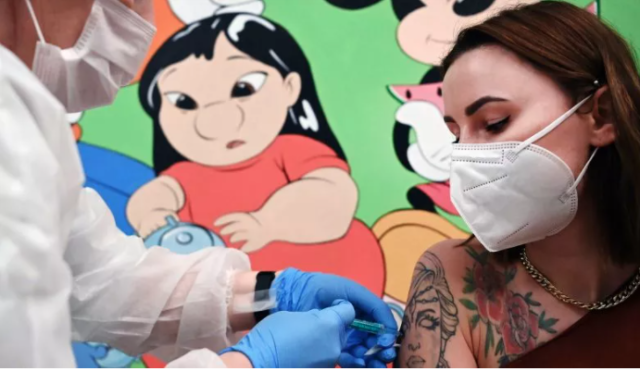Warm-up and cool-down are two important stages of training that prepare the body for a session and calm it down after. You can associate reading when the introduction of the book introduces a person to the essence of the story, and the conclusion sums up the results. Also in sports: you cannot immediately start with the main process and leave abruptly after training. This can stress the body and negatively affect muscles and joints.
Why do you need a warm-up?
Warming up before the main workout is a simple set of exercises that a person can perform even in the morning after waking up. It helps to wake up joints, muscles, ligaments and prepares for productive work on oneself.
Aerobic warming up.
Cardio includes walking in place with knees raised or running in place at your own pace. Each of the exercises is performed for 30-40 seconds. It is important to breathe through your nose. To regain breathing, after warming up, take steps in place for a minute at a slow pace.
Stretch to relax the cervical spine and open the hip joints.
We slowly sit down in the lotus or butterfly position. The back is straight and even, we stretch the top of the head up. Shoulders are collected, shoulders are lowered. Tilt your head to your right shoulder and try to reach it with your ear. The shoulders remain motionless. Then place your right hand on your left temple. Press down on the head and pull the muscles on the left side of the neck. The left arm is extended diagonally downward. Repeat the exercise with a tilt to the left. Enough repetition on each side, you can repeat if necessary.
Strengthening the wrist and ankle.
Sitting on the floor, we stretch our arms forward at the level of the chest. The palms are facing the floor, the legs are stretched out in front of you along the rug. Knees are pointing up. The feet are pressed together. The back is straight, the shoulder blades are collected, the shoulders are relaxed and lowered. Try to stretch the top of your head up as much as possible. Extend your feet, toes and palms at the same time as far away from you as possible to the point position, and then bring them to the flex position, pulling them as far as you can. Do 20 reps.
Rest for a couple of minutes to restore your normal heart rate, and start your main workout, after which you will have a hitch.
Why is there a hitch
Cooling down is an important stage in training, which, from a stressful state, brings the body to a state of rest. The body temperature drops to an optimal level, breathing is restored, and the nerve cells calm down. Each hitching exercise is recommended to be performed smoothly, without sudden movements and according to well-being.
Strengthening the shoulder joint; disclosure of the thoracic and lumbar regions; traction of the back of the legs.
Standing straight, we place our legs slightly wider than the shoulders, keep our feet straight. We lower the body to parallel with the floor, place emphasis on the back of a chair or sofa. Place your hands near your ears, keep your elbows straight. The heels are under the hip joints. Perform statics for 16 seconds, then work only with the body: make 16 drops (springs) down in the dynamics. Repeat 2 sets of the exercise as needed.
“Sitting / standing fold.”
The exercise stretches the back of the thigh, back muscles, stretches the spinal column and buttocks. Standing on the floor, legs and feet are together. Lean forward with your back and knees straight as much as the stretch allows.
Task: in dynamics, lower the pelvis down to squat and rise up. If desired, thick books can be placed under the palms for a hill. Repeat the exercise in dynamics 16 times, in static 30-40 seconds. Do two or three approaches as needed. In case of dizziness, it is recommended to pay attention to the vestibular apparatus.
Swing your leg back and forth while standing.
The exercise involves the back and front of the thighs and calf muscles. Stand up straight with one hand on stable support (sofa back or wall bars). Keep your pelvis level, do not turn around. Without lowering the body forward, pull your foot over yourself and begin to swing with a straight leg, first back up, then forward up to a height at which you will not round your back. Repeat the exercise 20 times on each leg. If you feel that you are starting to pull the popliteal ligaments while rocking, you need to pull the foot away from you, stretching the back of the foot.
Muscle relaxation is a major component of any workout. It helps to get rid of clamps and trigger points. So the body will be ready for subsequent workouts and will give it 100%.









